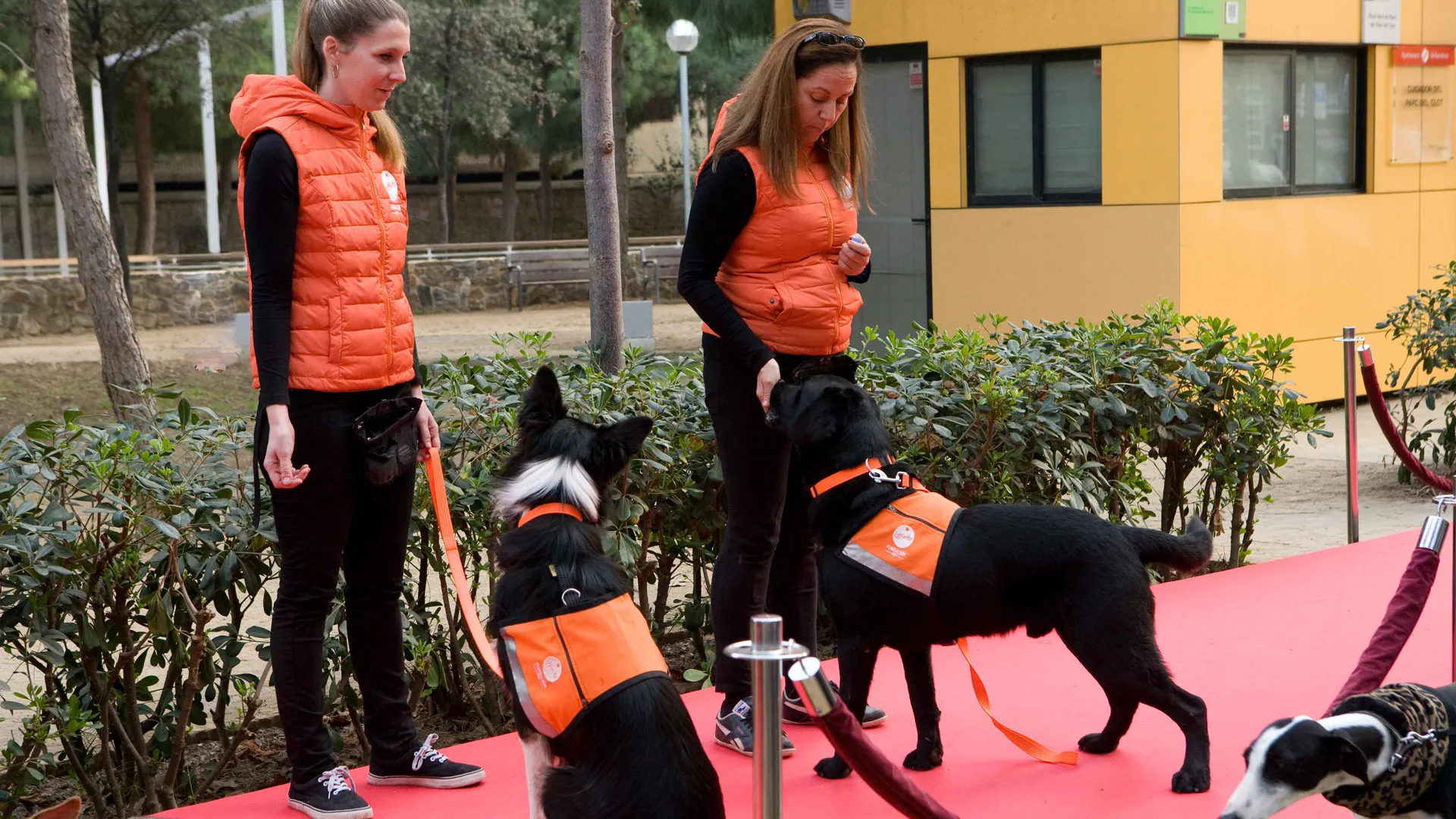The Importance of Scientific Evaluation of Animal-Assisted Therapy using Dogs

Animal-assisted therapies with dogs have proven to be of great value for the people who receive direct support from these animals, as well as for the health and education professionals who implement projects. These interventions have gained popularity because of their capacity to improve people’s emotional and physical wellbeing, especially in areas such as mental health, physical rehabilitation and special education. However, as with any health- or education- related intervention, it is crucial to demonstrate its effectiveness in an objective and quantifiable way to guarantee its dependability and optimisation.
In this context, collaboration between scientific institutions and animal-assisted therapy teams is of great importance. An outstanding example of this is the support that we offer our Animal-Assisted Therapy Team through the Affinity Foundation Chair. This scientific backing legitimises therapies and also provides a rigorous framework for evaluating results and constantly improving its implementation.
The Role of Scientific Advice
We provide scientific support to the Affinity Foundation’s Animal-Assisted Therapy Team through the Chair with the evaluation of its programmes. The scientific advice we provide has three focuses: Constantly acting in a collaborative way, through a working group that includes the foundation’s therapy team, the centre that accommodates the programme and our researchers in each project. Selecting and developing the best methods for evaluating each programme.
These include surveys, measurement scales and, for some programmes, physiological parameters which, together, enable the impact of animal interaction on people’s physical and mental wellbeing to be evaluated.
Processing and statistically analysing the data obtained. Communicating the results through presentations at scientific conferences and publication in scientific journals, or using graphics and other channels for disseminating scientific information.
Science in the Service of Wellbeing
This joint work demonstrates the importance of establishing a solid scientific basis for animal-assisted therapies with dogs. This focus helps to demonstrate its efficiency and also contributes to its continual improvement, guaranteeing that people who participate in these programmes receive the greatest possible benefits.
